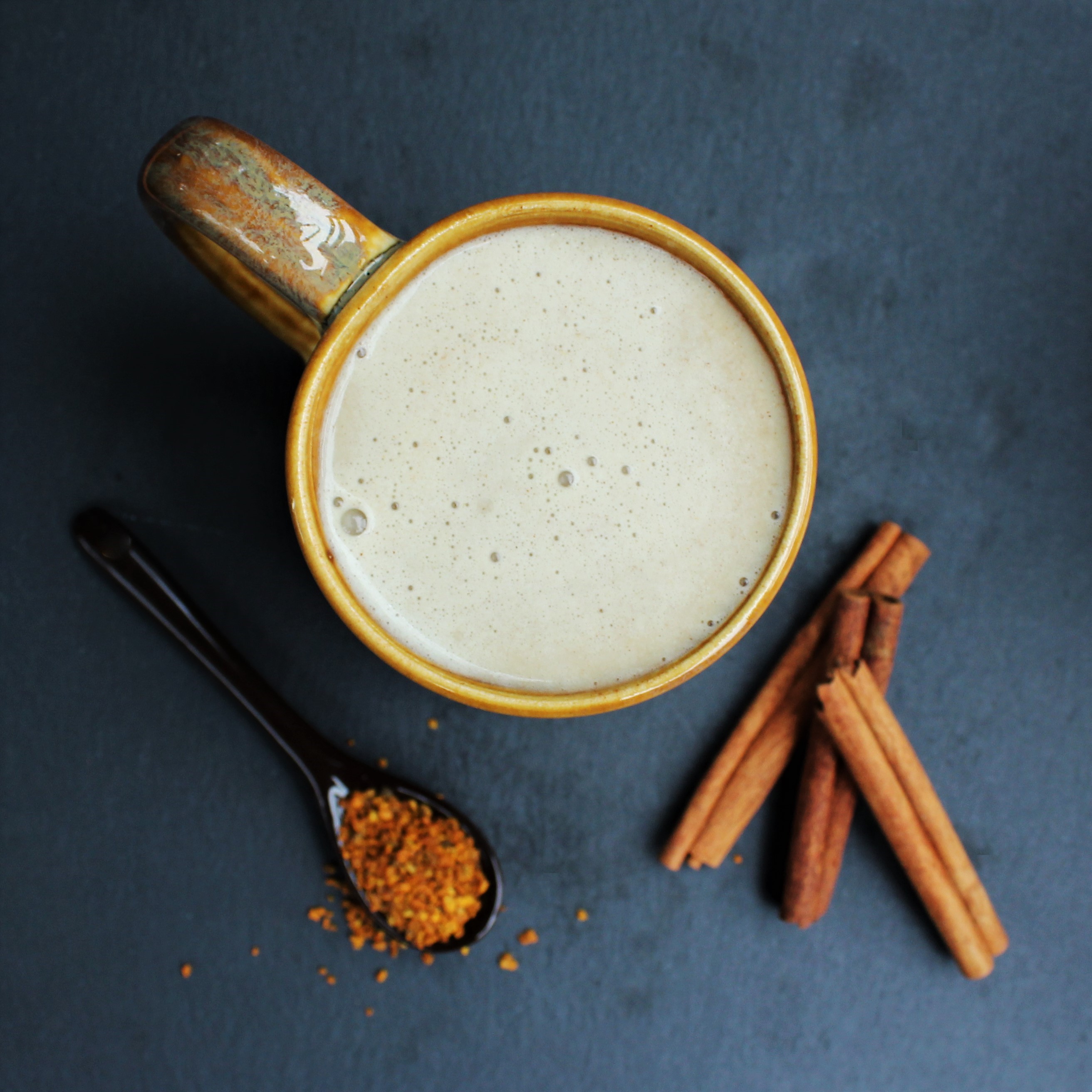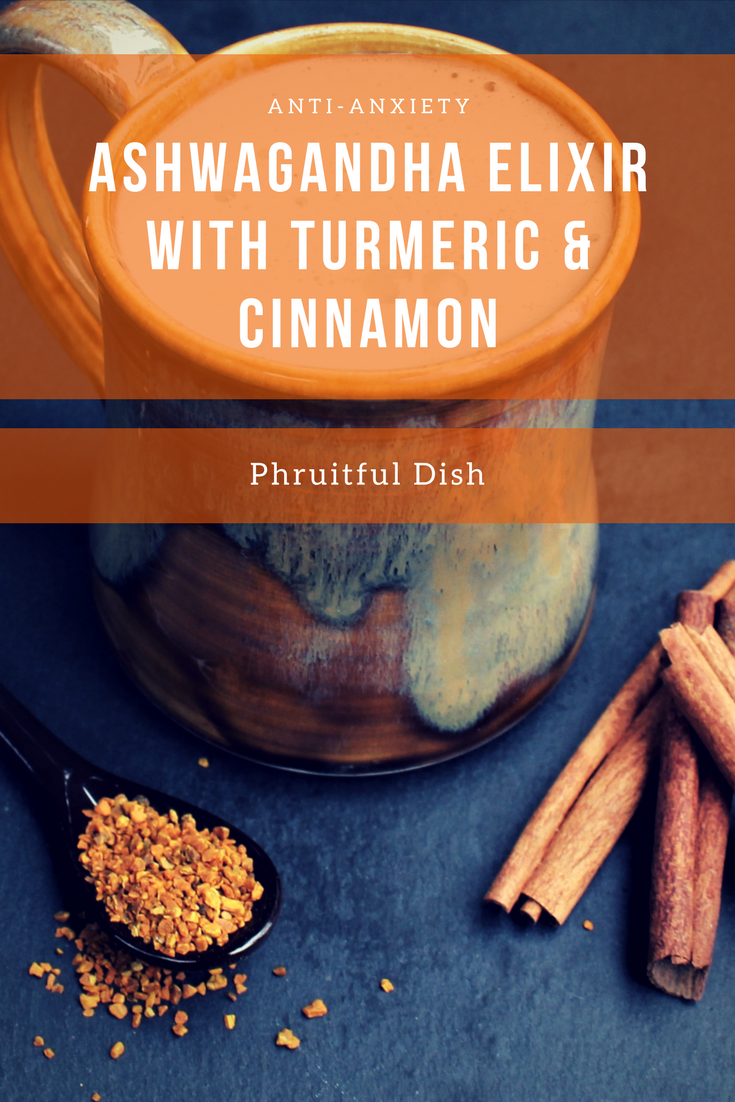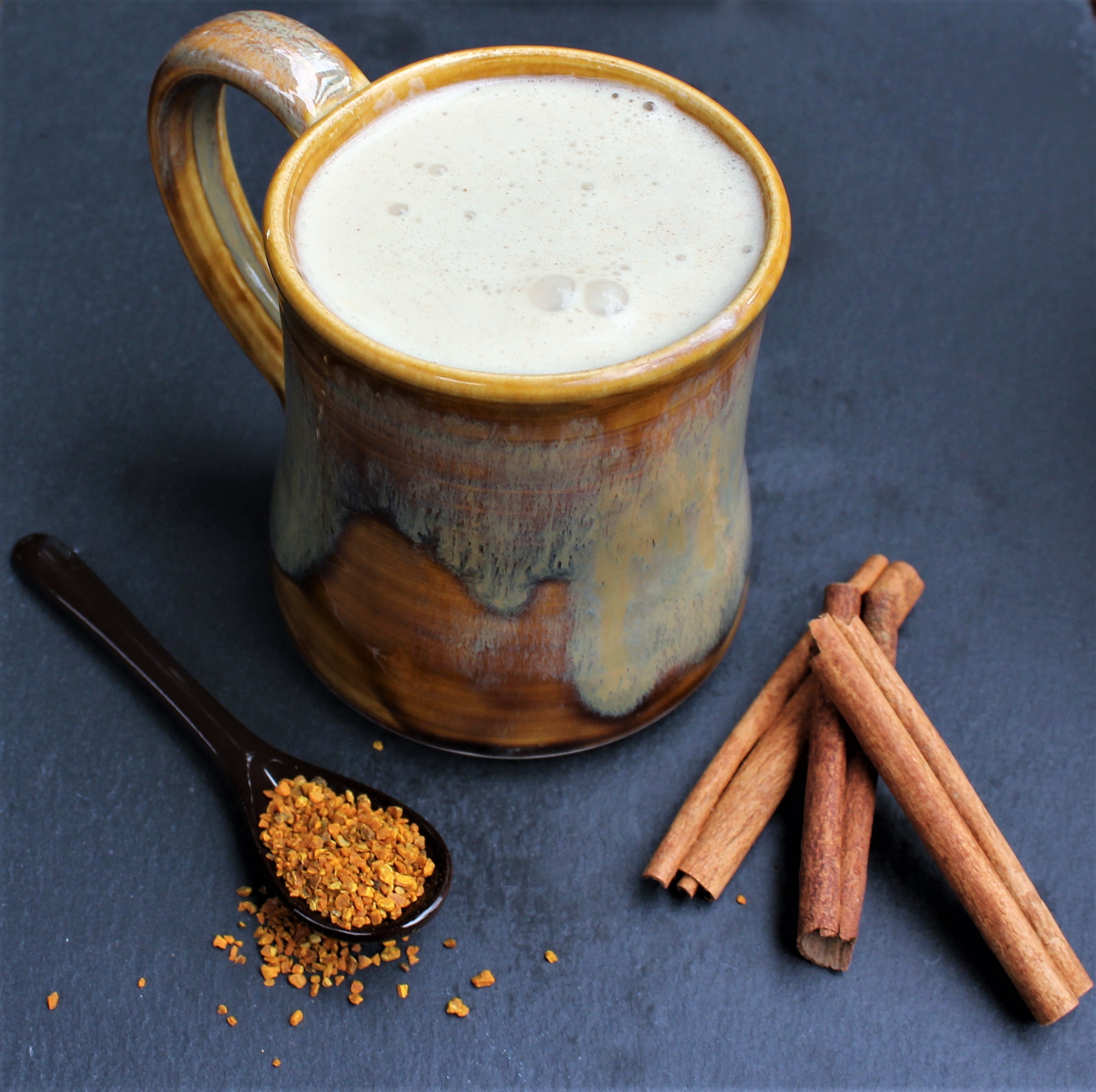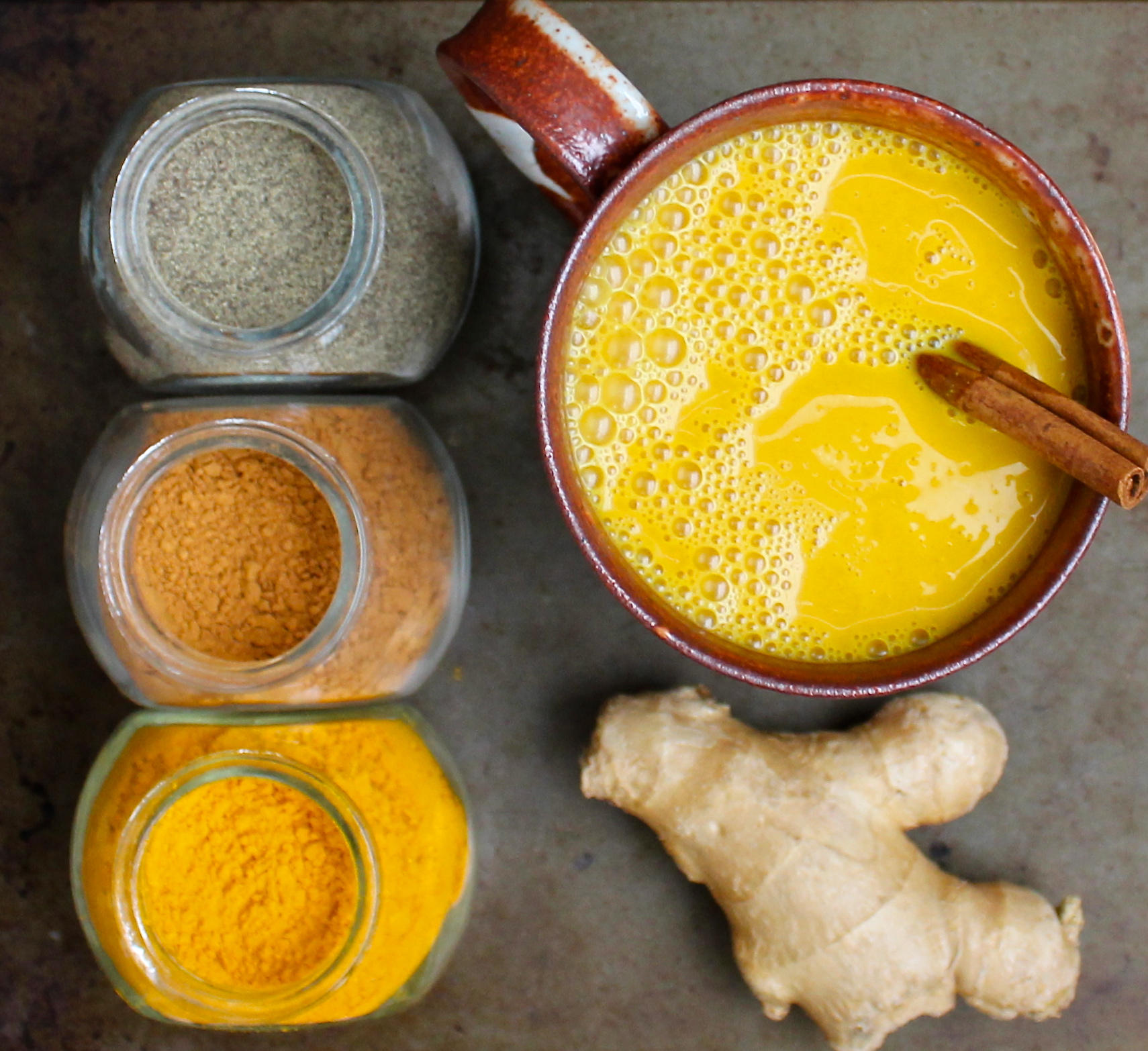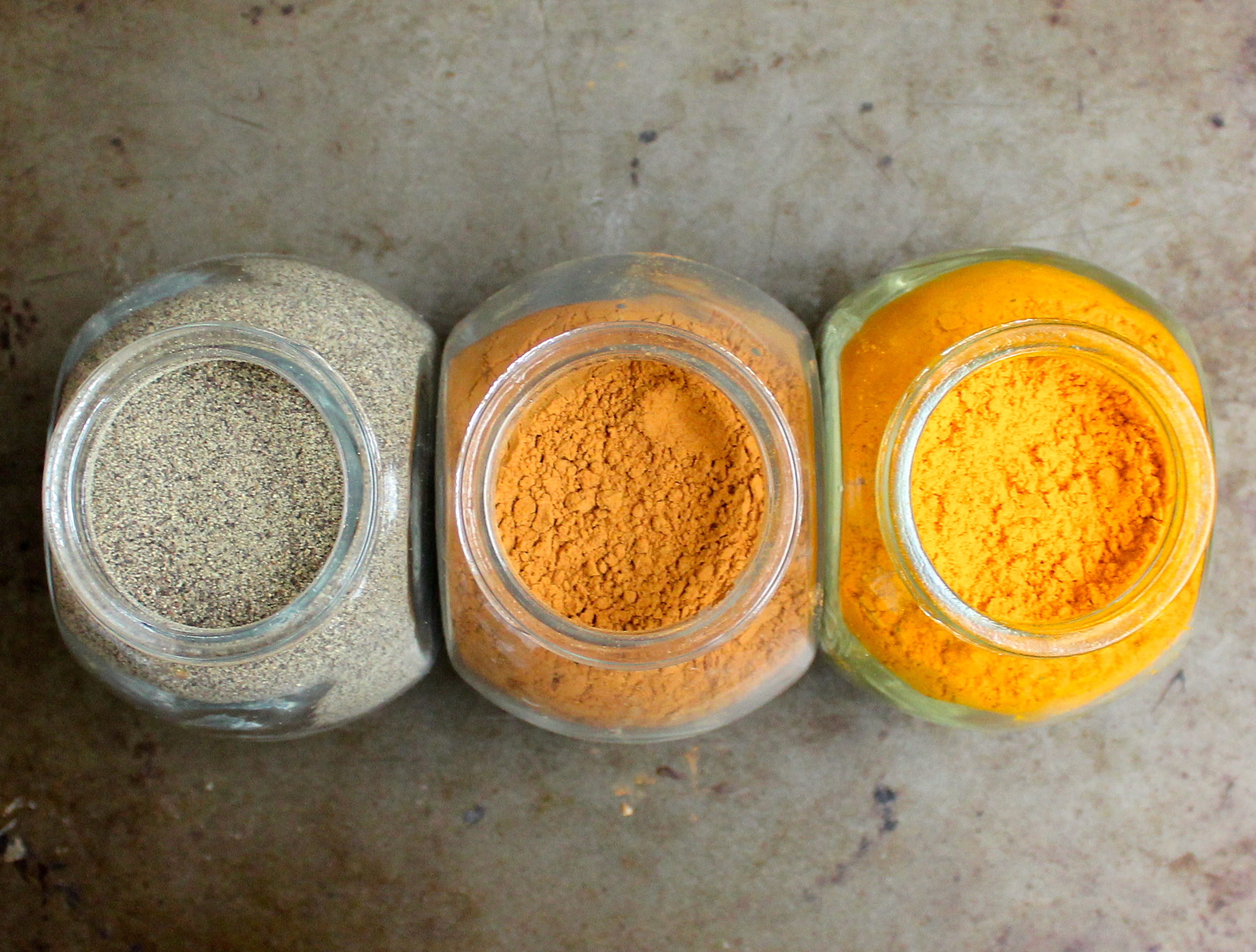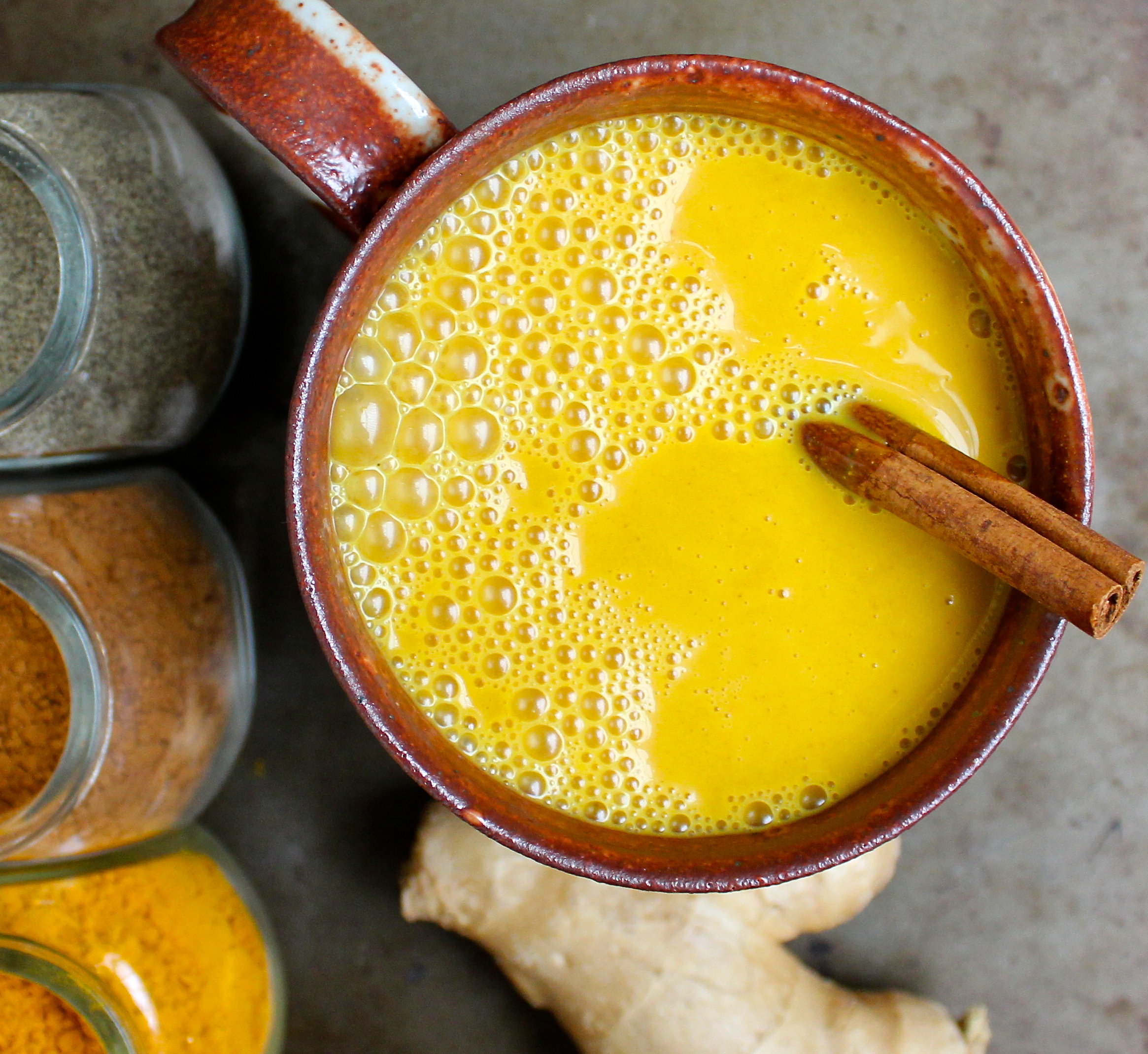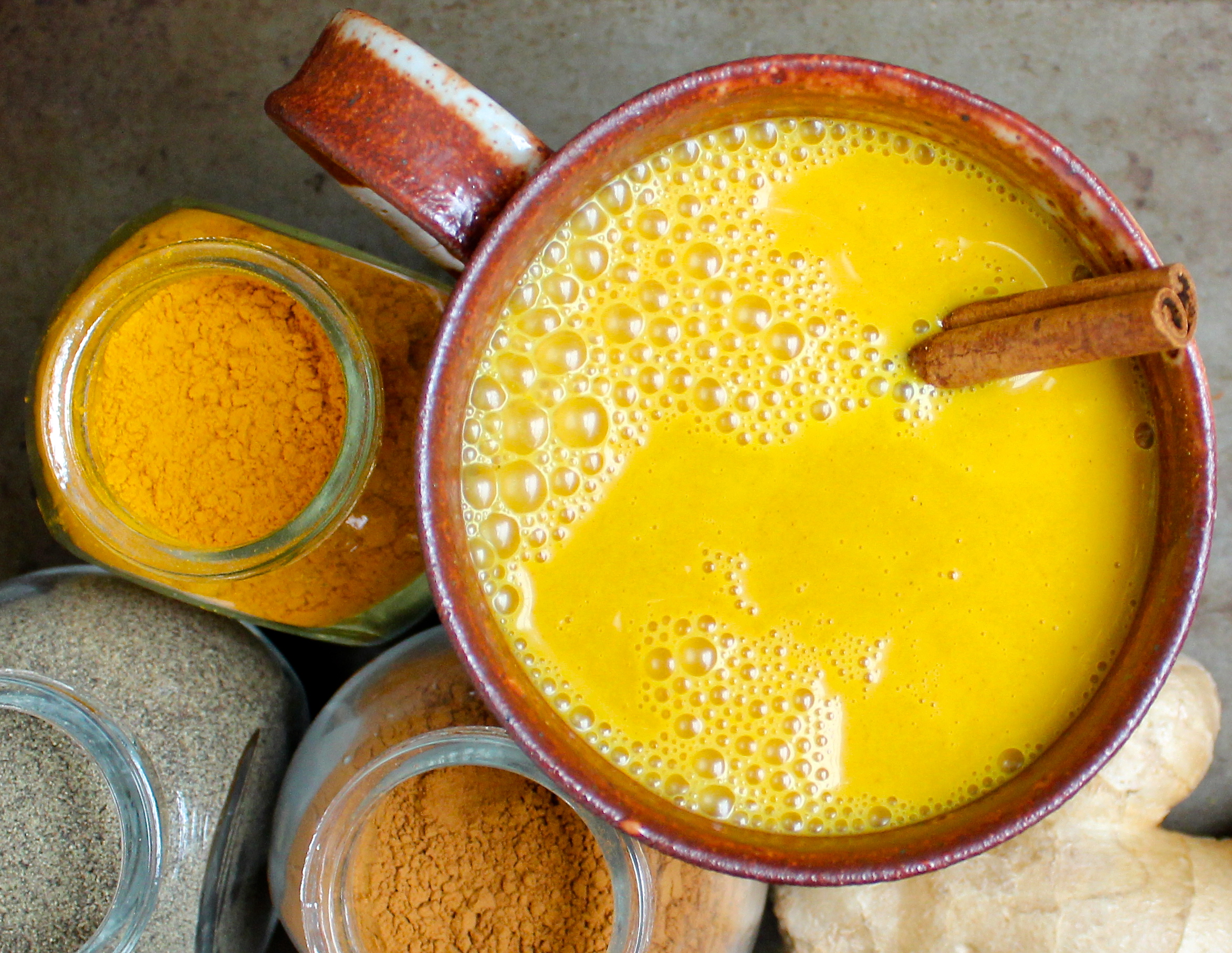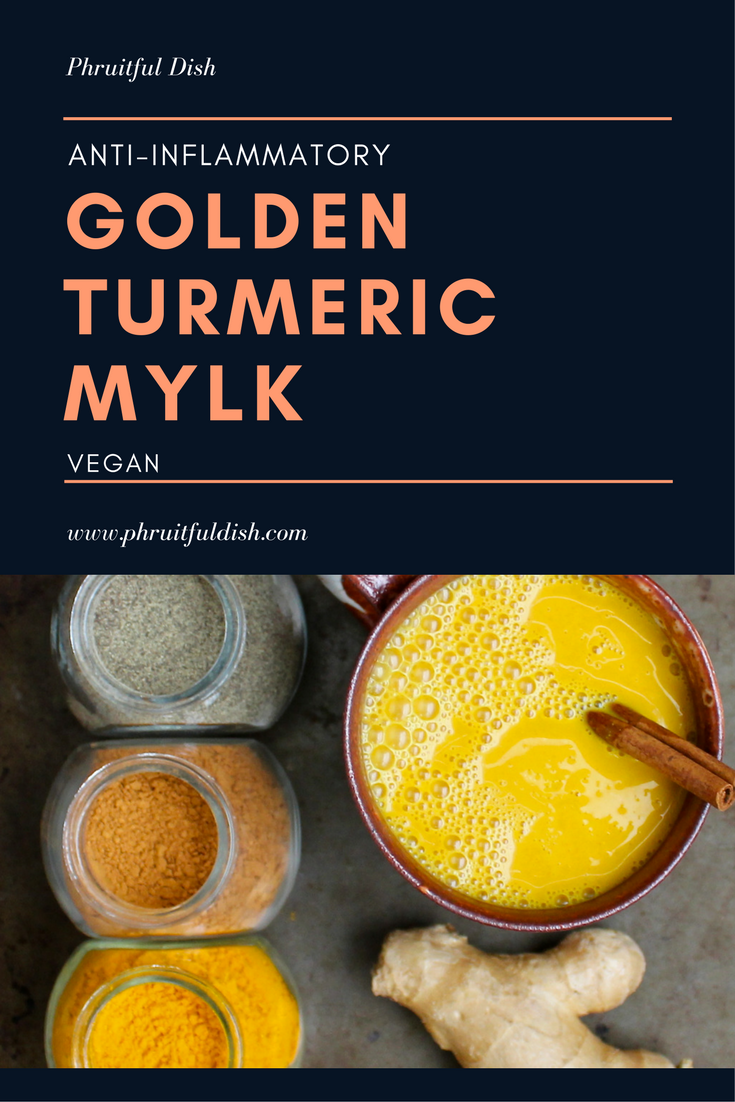We are all aware that stress can strike at any time. Yes, even on a warm midsummer’s day. Read on to learn why adding magnesium to iced tea can help cool and chill you out.
Why is managing stress important?
When we experience a stressful event, specific hormones are released to protect our bodies. Cortisol, known as the stress hormone, is secreted to combat stress. However, when we are exposed to stress over a long period of time, excess cortisol released can cause immunosuppression. This is why chronic stress is thought to be responsible for many health conditions. For example, highly-stressed type A personalities are often at higher risk of a heart problem, such as a stroke or heart attack. Stress can also impact people with and at risk for type 2 diabetes by further increasing blood sugar levels. Chronic stress can also lead to other mental health issues, such as depression and anxiety. Fortunately, finding ways to manage stress can be very effective at decreasing our risk of health complications.
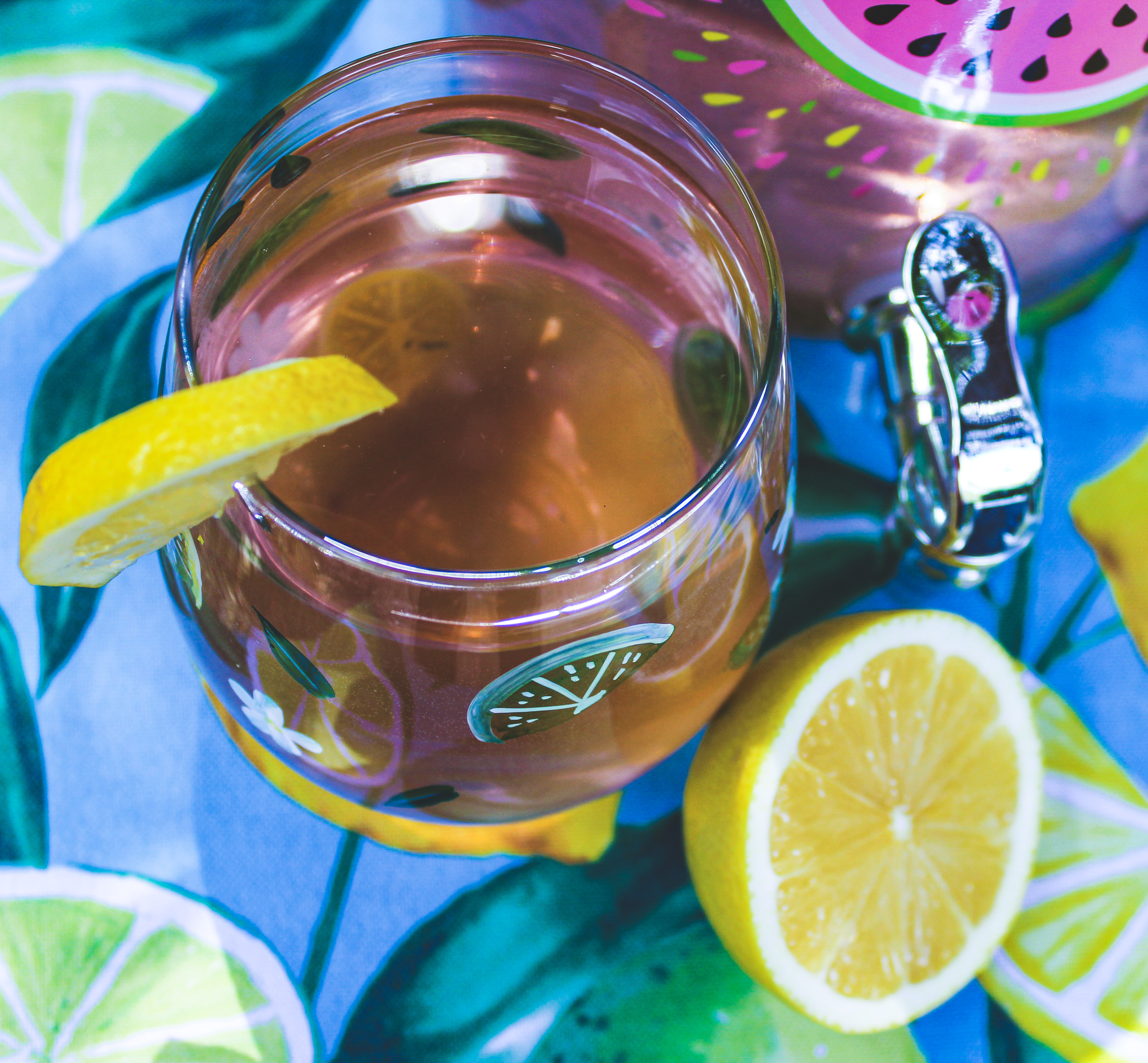
The link between stress and magnesium
The connection between magnesium and stress is interesting because magnesium deficiencies affect our ability to respond to stressful situations, but also, stress depletes magnesium in our bodies! When we are in a state of stress, we excrete more magnesium in our urine. Magnesium is crucial for combating stress because it downregulates the hypothalamic–pituitary–adrenal (HPA) axis reducing cortisol production. Evidence suggests that supplementing with magnesium may reduce anxiety, depression, and support stress management.
How I supplement with magnesium
We can increase our stress-fighting powers and make sipping magnesium citrate powder even more delicious by adding it to a calming tea, like lavender, lemon balm, passionflower, or chamomile. Ginseng, an adaptogenic antioxidant often found in tea, has also been shown to reduce stress and anxiety through regulating the HPA axis.
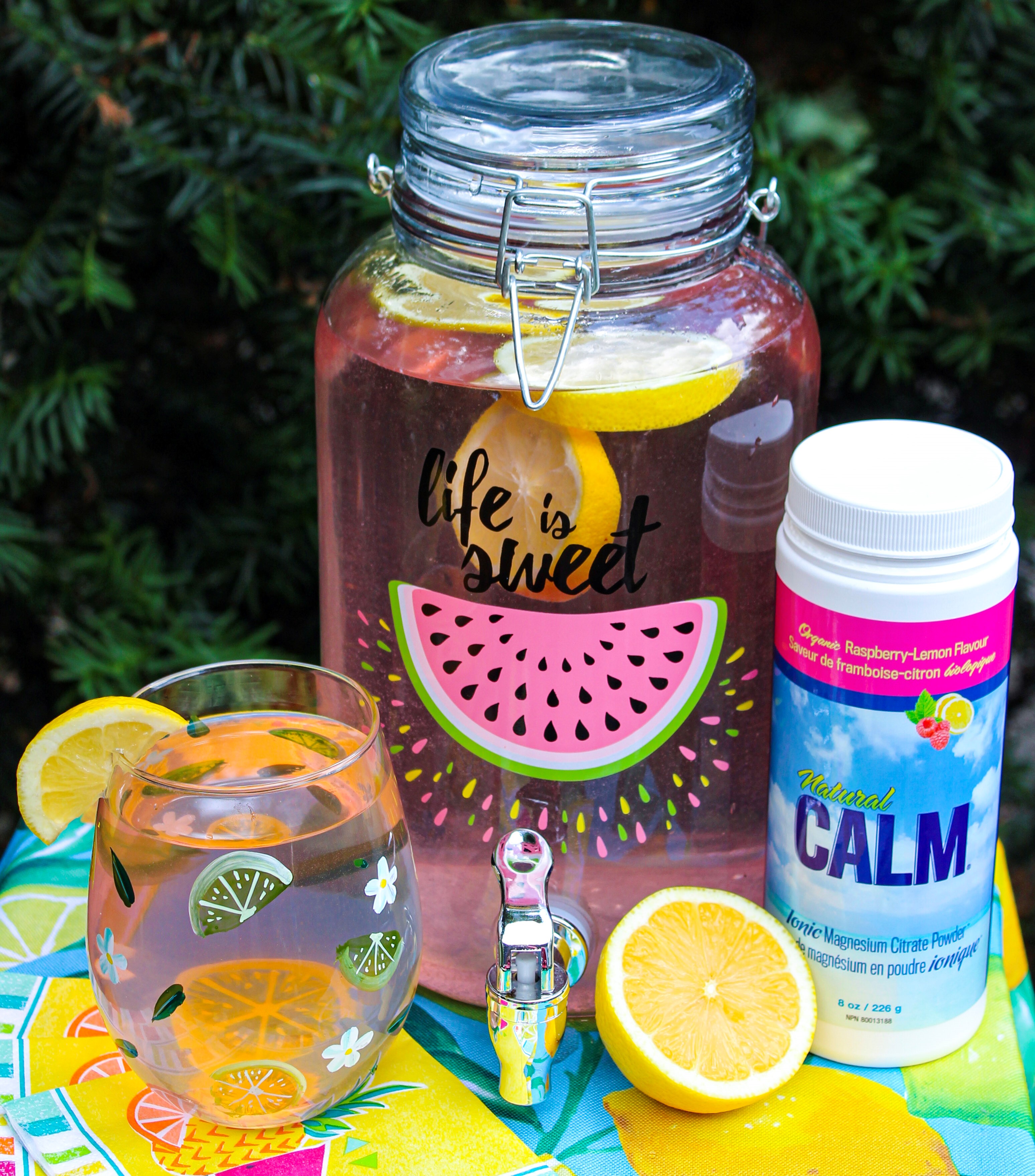
For more on mood-boosting teas and spices check out this post.
Pin For Later:
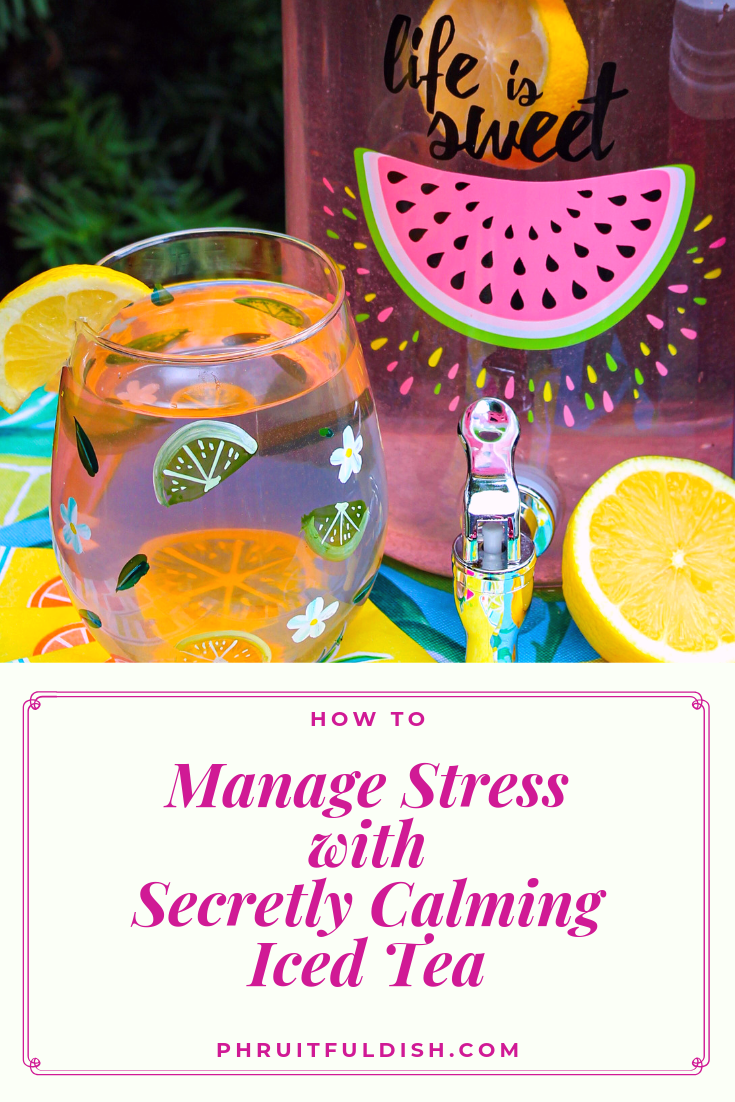
Disclosure: This article is sponsored by Natural Calm Canada. I do not receive affiliate commissions from Natural Calm Canada.

